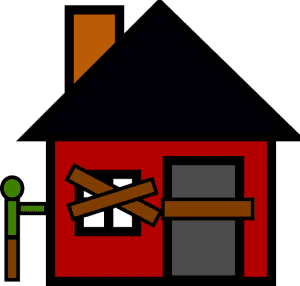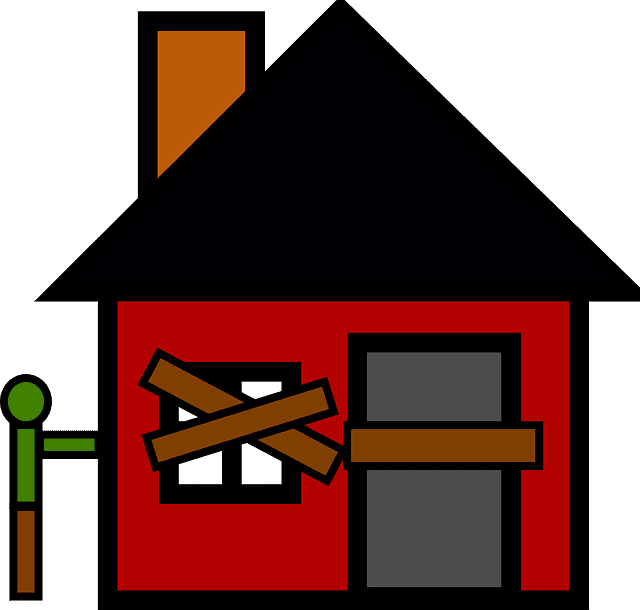Residential Eviction Moratoriums

Federal Moratorium
On Inauguration Day, Wednesday January 20, 2021, President Biden requested that the Centers for Disease Control (CDC) extend the Federal moratorium on evictions through March 31, 2021 in order to avoid a massive wave of evictions that might overwhelm homeless shelters and lead to a possible spread of Covid-19 among the public. Later that day, the CDC declared that the Federal moratorium on evictions would be extended through at least March 31, 2021. The CDC’s moratorium, unlike the moratorium in the CARES Act, which applied only to mortgages backed by the Federal Government, applies to all residential properties nationwide, regardless of if they are secured by Federally backed mortgages. The CDC’s moratorium applies to all properties that are occupied by renters who are below certain income levels, have applied for government assistance, have suffered a loss of income due to the pandemic, and would become homeless if they were to be evicted. However, the CDC’s moratorium does not apply to States or other Jurisdictions that have moratoriums in place that meet or exceed the CDC’s order. Illinois is one of those States.
President Biden has asked Congress to include aid in the next stimulus package to provide significant relief to landlords suffering from the loss of rental income. That stimulus package is still working its way through Congress.
Illinois Moratorium
In March of 2020, Governor Pritzker signed a General Order prohibiting all eviction orders from being enforced, stopped all pending eviction cases, and prevented filing of new eviction cases. This moratorium applied to mortgage foreclosure cases, regular landlord/tenant cases, and assessment collection cases for condominium, homeowner, and townhome associations. This initial moratorium was extended monthly through October 2020 and was set to expire in November.
In November 2020, Governor Pritzker extended the eviction moratorium, but in what has been considered a compromise to the interests of landlords, Governor Pritzker added the following criteria, which must be met before the moratorium will apply to a renter. The new moratorium applies only to “Covered Persons.” The term “Covered Persons” is defined in the order as someone who meets all of the criteria.
The Covered Persons criteria, are:
1) (a) the individual expects to earn no more than $99,000 during the calendar year for 2020 (no more than $198,000 if filing jointly);
- ) was not required to report any income in 2019 to the IRS;
- c) received an Economic Impact Payment pursuant to Section 2001 of the Cares Act; and
2) is unable to make a full rent or housing payment due to a Covid-19 hardship, which includes but is not limited to substantial loss of income, loss of compensable hours of work or other wages, or an increase in out-of-pocket expenses related to the pandemic; and
3) the individual is using best efforts to make timely partial payments that are as close to the regular full rent or mortgage payment as circumstances provide, taking into account non-discretionary expenses; and
4) eviction would likely render the individual homeless.
Under the November compromise, landlords must provide tenants with an opportunity to demonstrate that they meet this 4-part test. This is accomplished by providing the tenant or resident a Declaration form for them to fill out. The form must be delivered to the resident or tenant 5 days prior to any notice of termination. If the tenant or resident can establish that they meet the test to be considered a Covered Person, the eviction case will be dismissed unless the landlord can show the person constitutes an immediate severe risk to the property or poses a threat to the health and safety of other residents and tenants in the property. The Illinois Supreme Court recently entered an order requiring the declaration called for by the Governor’s November order, and the normal five day (or other termination) notice to be attached to the complaint in all new eviction cases. The November compromise was extended in December 2020, January 2021, February 2021, and is currently set to expire on March 6, 2021. However, there is a good likelihood that it will be extended again.
Technically, under the November compromise, landlords may commence new eviction cases against non-Covered Persons. However, even if a landlord commences suit and obtains an eviction order against a non-Covered Person, the order may be of little value to the landlord. The November compromise order still directs all law enforcement agencies to delay enforcement of valid eviction orders unless the individual constitutes a threat to the health or safety of other individuals in the property or constitutes an immediate risk to the property. Further, Sheriffs in many counties, particularly Cook County, suspend the enforcement of all eviction orders when the weather is below freezing.
While it is not clear when evictions will resume again, and there is no guarantee that the order will not be extended again prior to the March 6, 2021 deadline, the November order, as extended, does make clear that tenants remain responsible for payment of all monies owed to the landlord during the moratorium.
Please contact the Real Estate attorneys at Bruning & Associates, P.C. at 815-455-3000 to schedule your complimentary consultation to discuss your questions regarding housing during COVID-19.
Click here to learn more about Attorney Theodore Gross.


